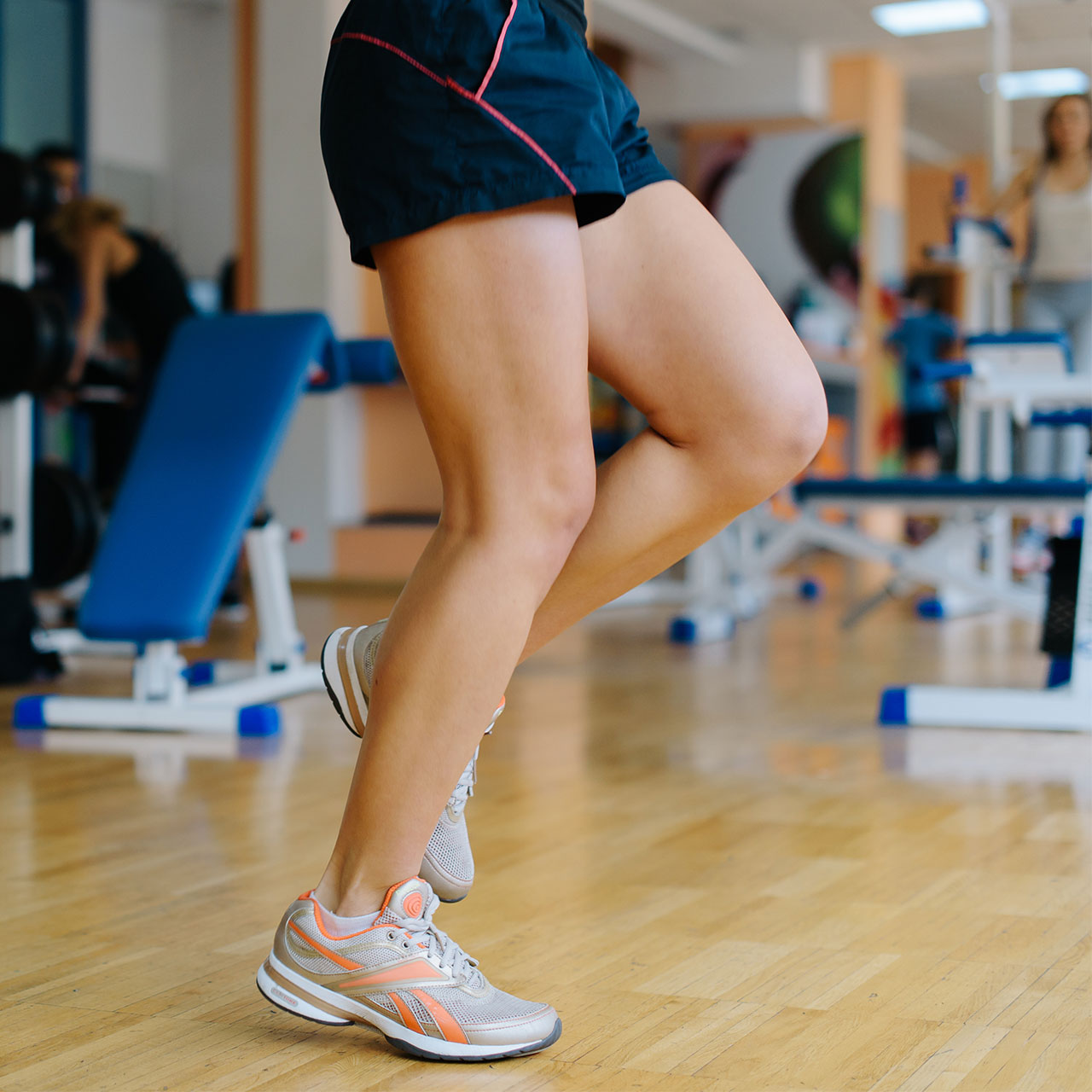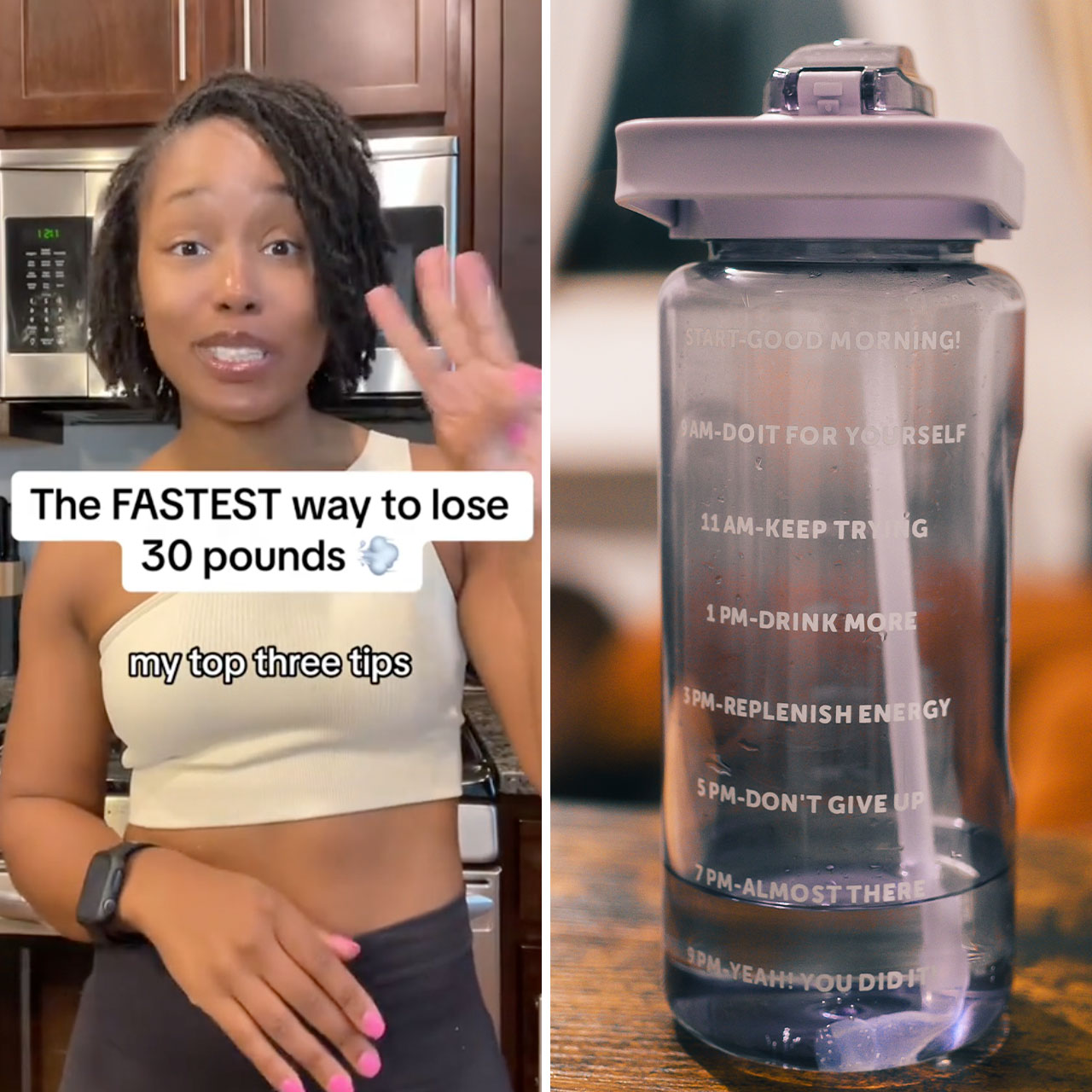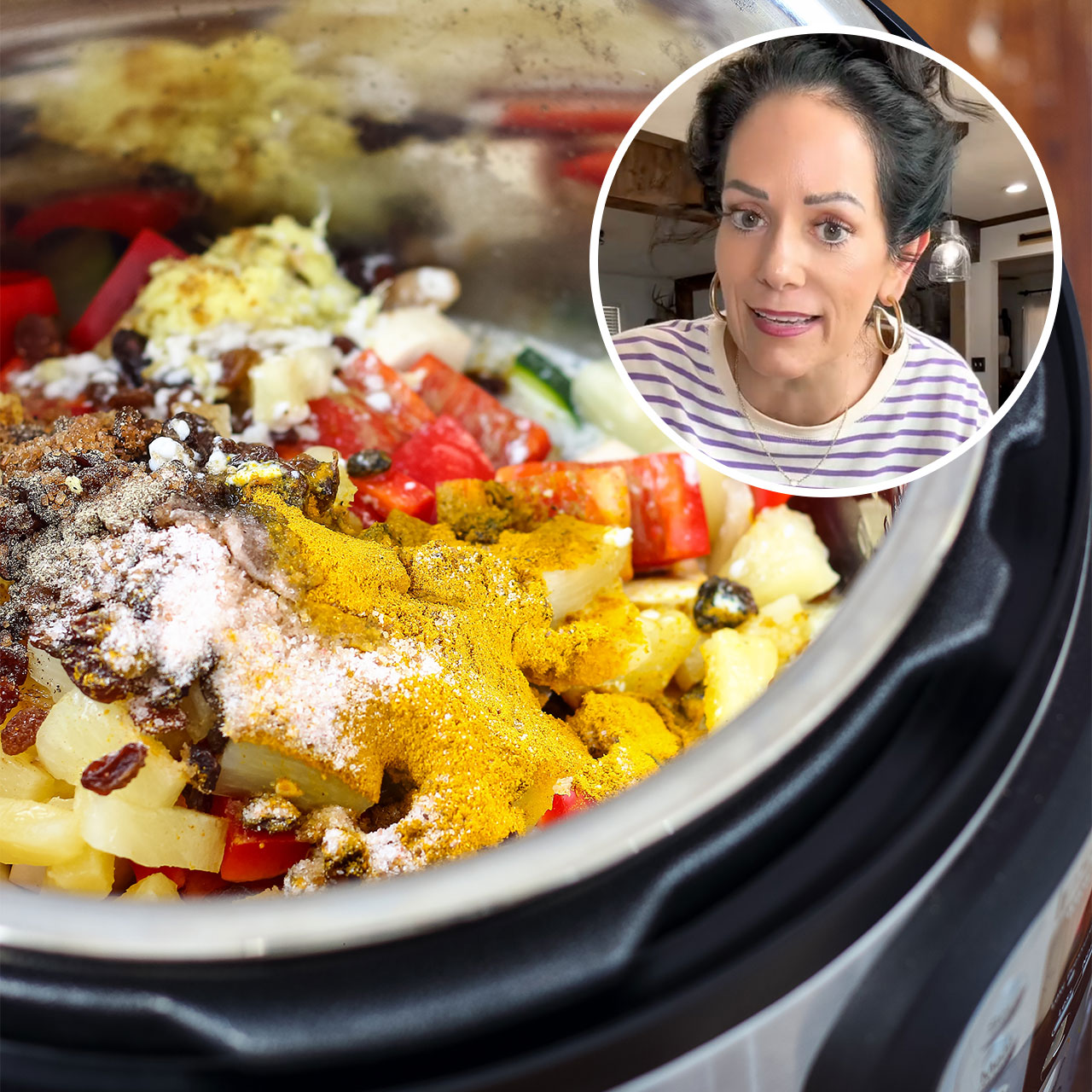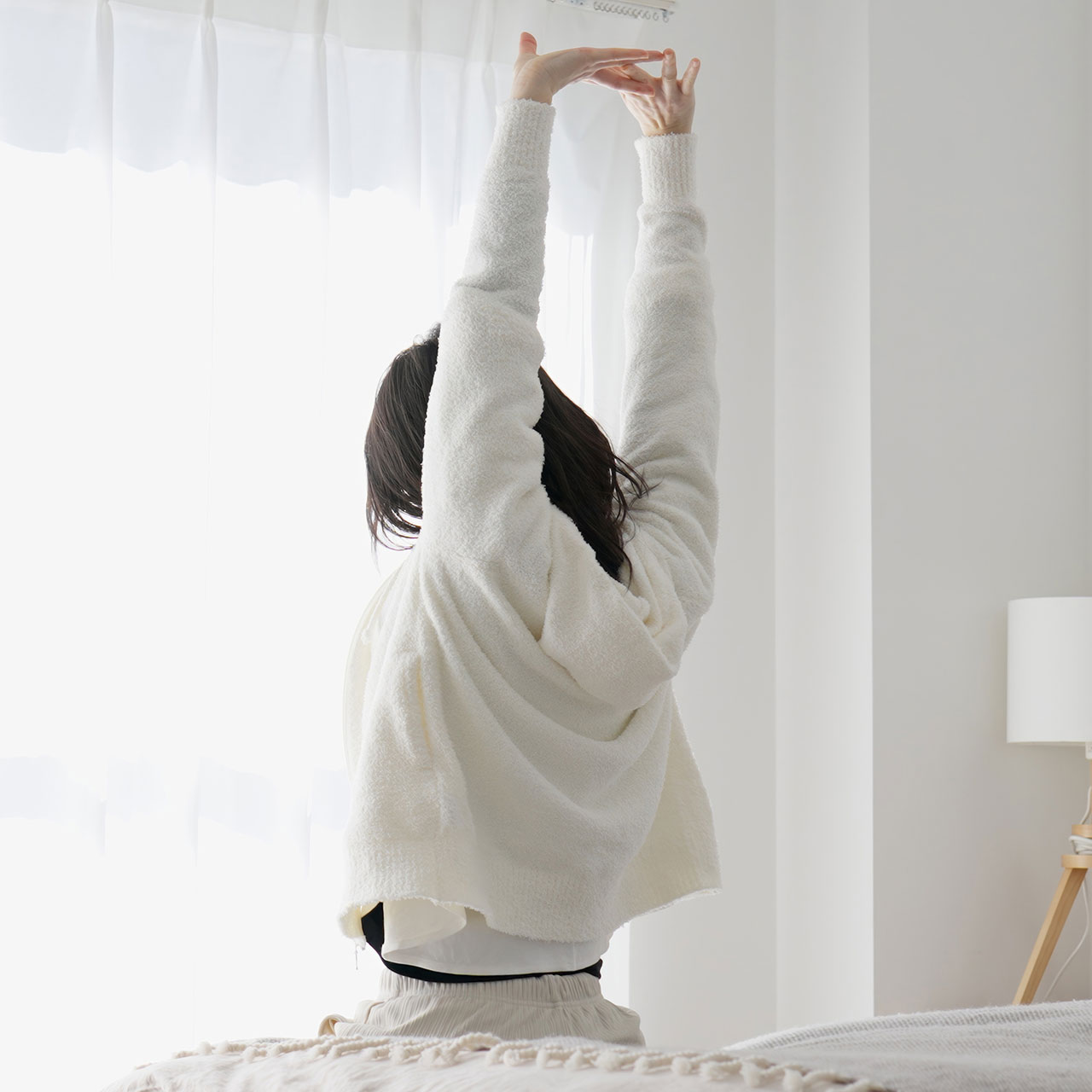This is an archived article and the information in the story may be outdated. Please check the time stamp on the story to see when it was updated last.
Did you know that about half of adult Americans report feeling sleepy during the day most days of the week? People are having a hard time getting to sleep and staying asleep, and it’s showing through in their everyday lives. Every aspect of your lifestyle has an impact on your sleep quality, from your stress to your activity level, and even your diet. You may be surprised by just how much food can impact your sleep, but what you’re eating could be at the root cause of your insomnia. Knowing how the foods you eat, and what time you’re eating them, impacts your sleep is key to taking control of your sleep hygiene and feeling better during the waking hours.


First of all, it’s important to understand the types of insomnia and which one may be applying to you. “There are 3 general types of insomnia – acute, transient and chronic.” Says Aimee Nicotera, a health coach, certified trainer, and exercise physiologist. While usually only temporary, acute insomnia may last for a few days or weeks, and almost always comes back. Transient insomnia may last for a few days or weeks but does not recur consistently. Chronic insomnia, on the other hand, is almost always present and happens the majority of the time. While everything from the medications you take to the temperature of your sleep space could be the cause, or at least a contributing factor, of your insomnia, your diet can definitely have an impact as well.
According to Nicotera, there isn’t one food that is going to directly cause your insomnia without fail, but rather types of foods. “Large portions and snacks excessively high in fat take longer to digest and may contribute to difficulty falling and staying asleep,” she says, “Also, snacks that are spicy or very acidic can trigger heartburn, which can make it challenging and uncomfortable to get to sleep.” Think salsas, sauces, and fried foods. While it’s obvious that anything caffeinated will keep you up at night if eaten too late in the day, foods such as these should be avoided as well, especially if you struggle with insomnia already.
So if high fat and acidic foods should be avoided for better sleep, are there any foods that can help you sleep better at night? Dr. Peter Polos, MD, PhD, FCCP, FAASM, a sleep medicine specialist and sleep expert for Sleep Number, shared a few recommendations for nighttime snacks that will help you unwind. “There are studies that suggest that certain foods – like tart cherry juice, fatty fish (like salmon) and even kiwi fruit – may help promote sleep. Another recent study showed that those on a high protein diet to lose weight reported better sleep.” If you’re going to snack at night, focus on high protein, nutritious snacks like berries, nuts, and seeds.
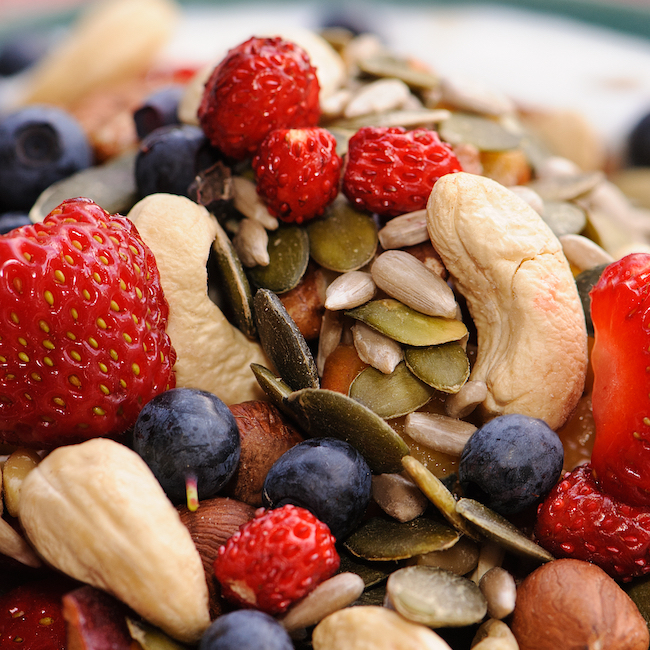
Outside of the food you eat, you should also make sure your sleep hygiene is the best it can be. Sleep hygiene, or your sleep routine, are the conditions under which you fall asleep. If your sleep space isn’t quite right, it could disrupt your sleep more than you realize. First of all, Dr. Polos recommends sleeping and waking at the same time everyday. This promotes a balanced circadian rhythm, which is the process your body uses to control your sleep cycle. Additionally, making sure your bedroom is dark, cool, and quiet can help you relax and unwind easier. All of this, coupled with the diet tips mentioned above, can help you get to sleep and stay asleep. But if your poor sleep persists, consult with your doctor to determine a root cause and treatment plan uniquely tailored to your needs.


